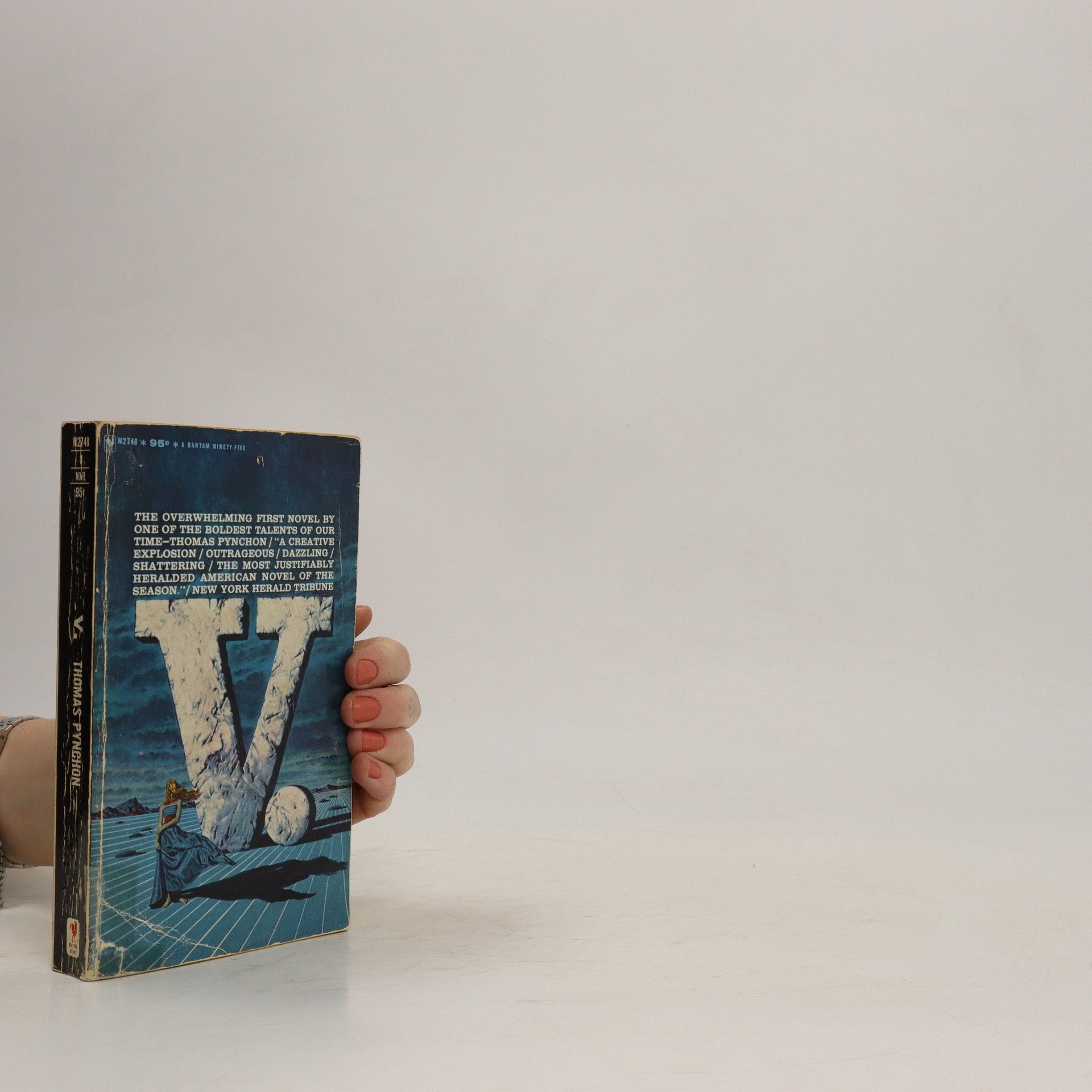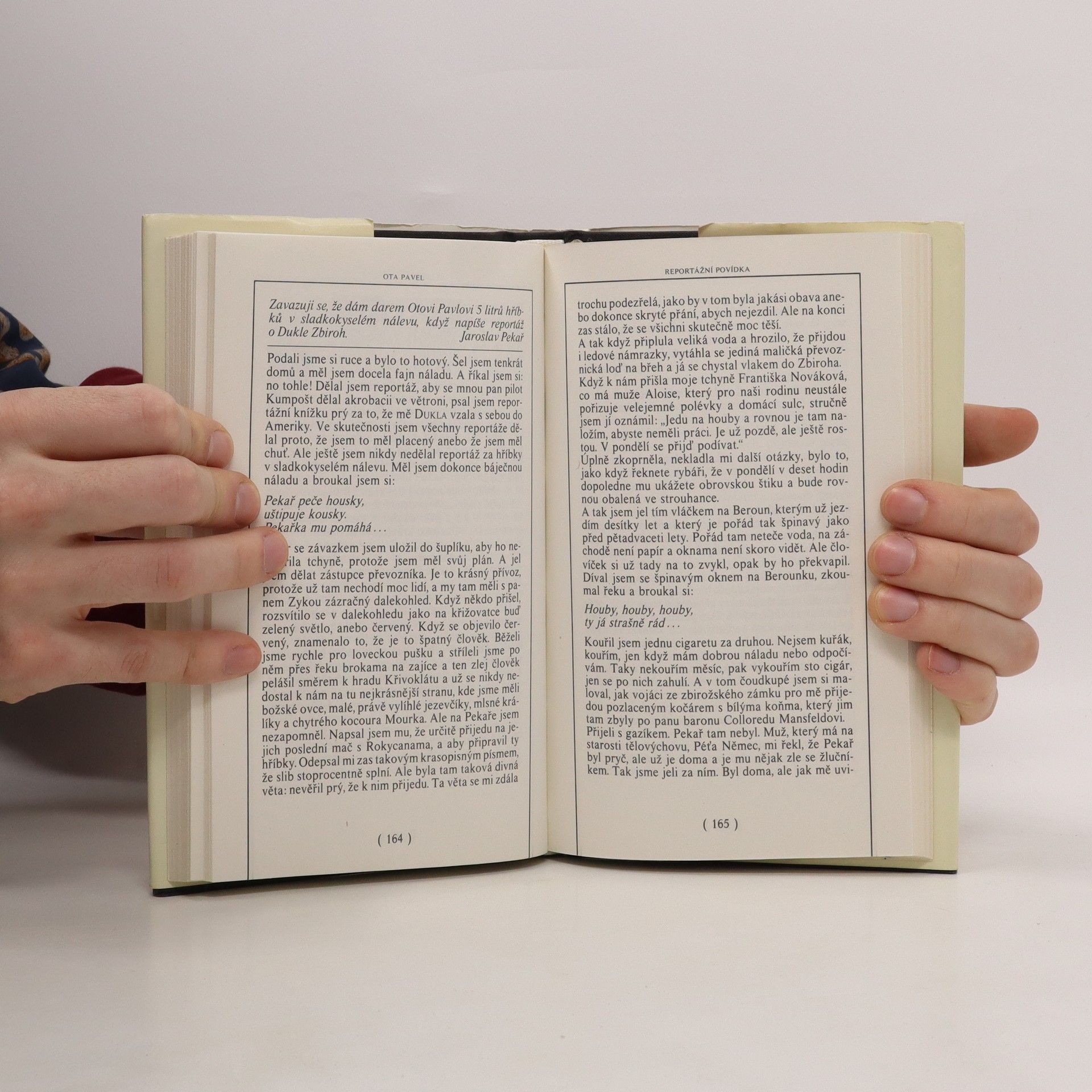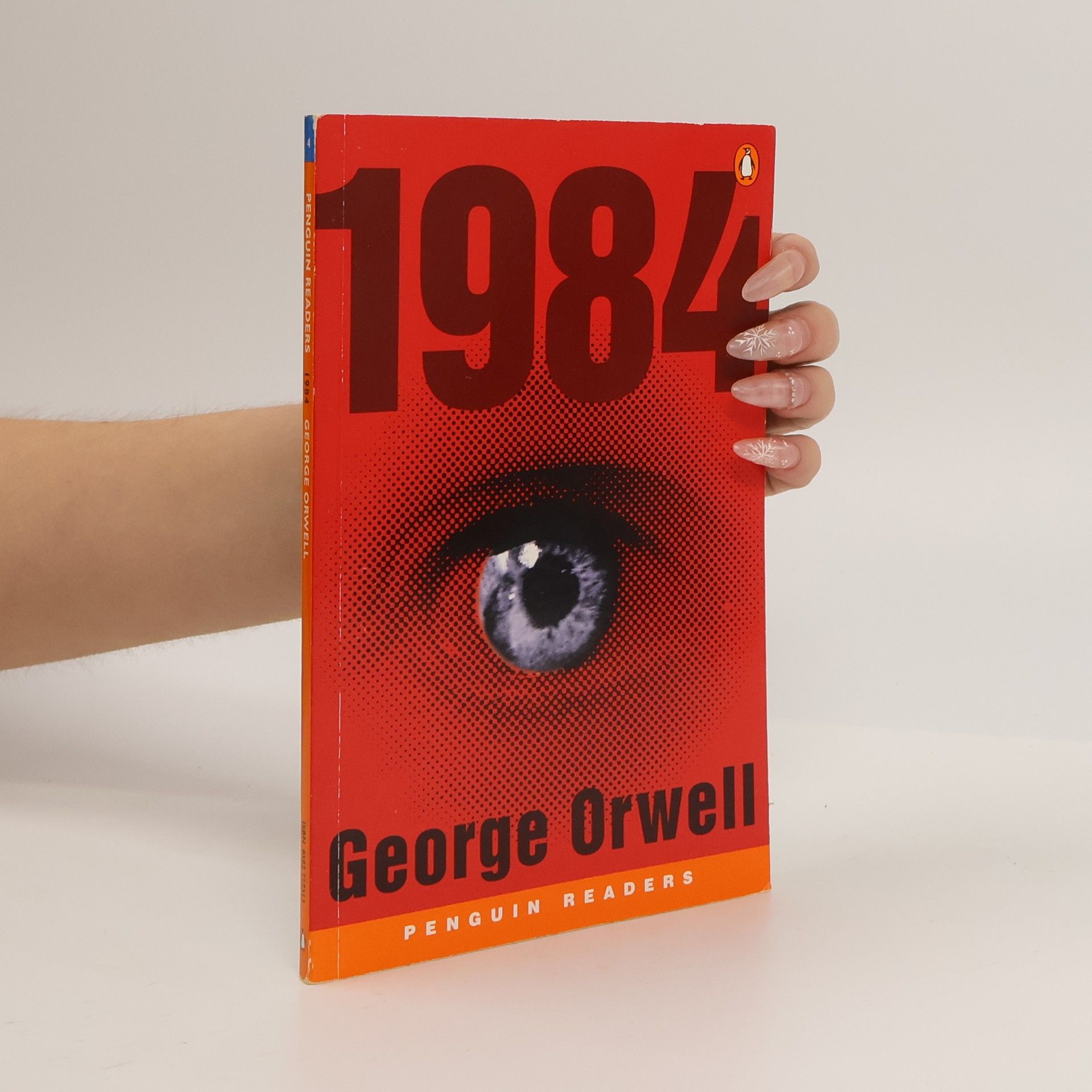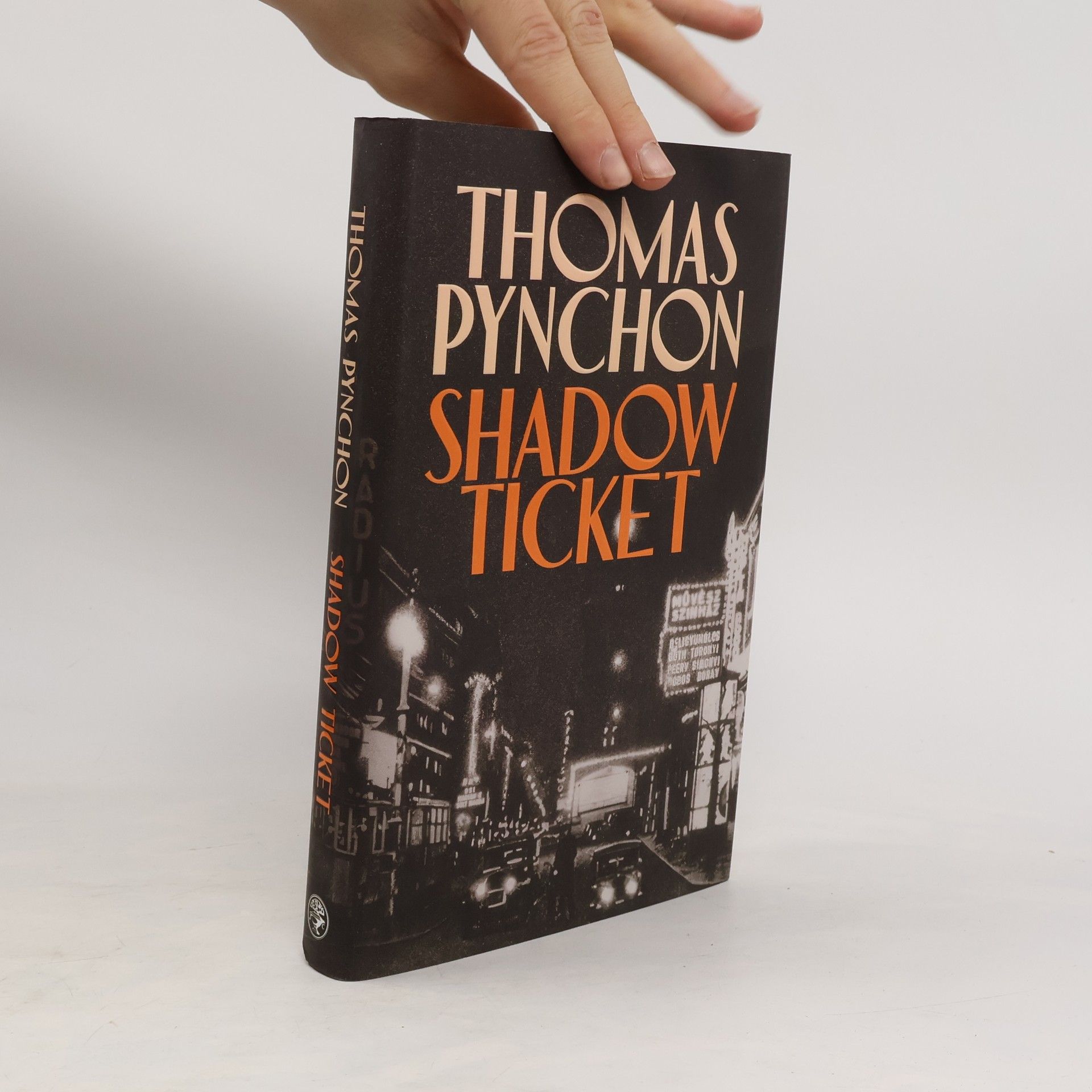Shadow Ticket
- 304 pages
- 11 hours of reading
Set in Milwaukee during the Great Depression, this novel follows Hicks McTaggart, a former strikebreaker turned private investigator. He believes he has found job security when tasked with locating a runaway heiress from a Wisconsin cheese fortune. However, his assignment quickly spirals out of control, leading him aboard a transoceanic liner to Hungary, a place filled with unfamiliar language and culture, and an abundance of pastries. As Hicks searches for the heiress, he becomes entangled with a cast of characters, including Nazis, Soviet agents, British counterspies, swing musicians, and outlaw motorcyclists, none of whom he is prepared to confront. Amidst the chaos, Hicks grapples with a history he cannot comprehend, all while trying to navigate his way back to Milwaukee. The only solace he finds is in the burgeoning Big Band Era, where his dancing skills might just provide an escape route. Whether he can Lindy-hop his way back to the normalcy he once knew, which may no longer exist, remains uncertain.










